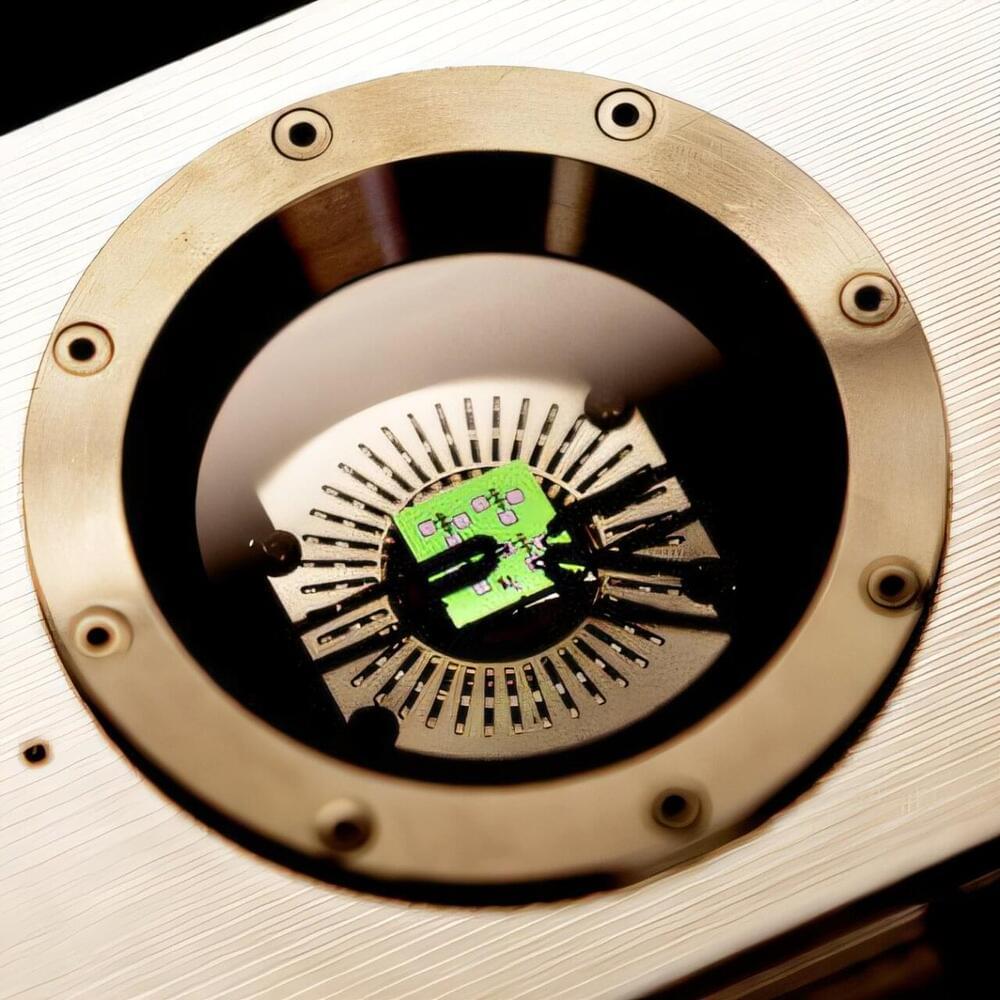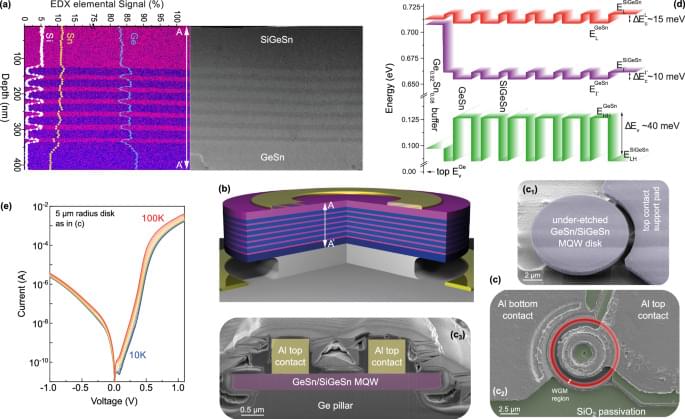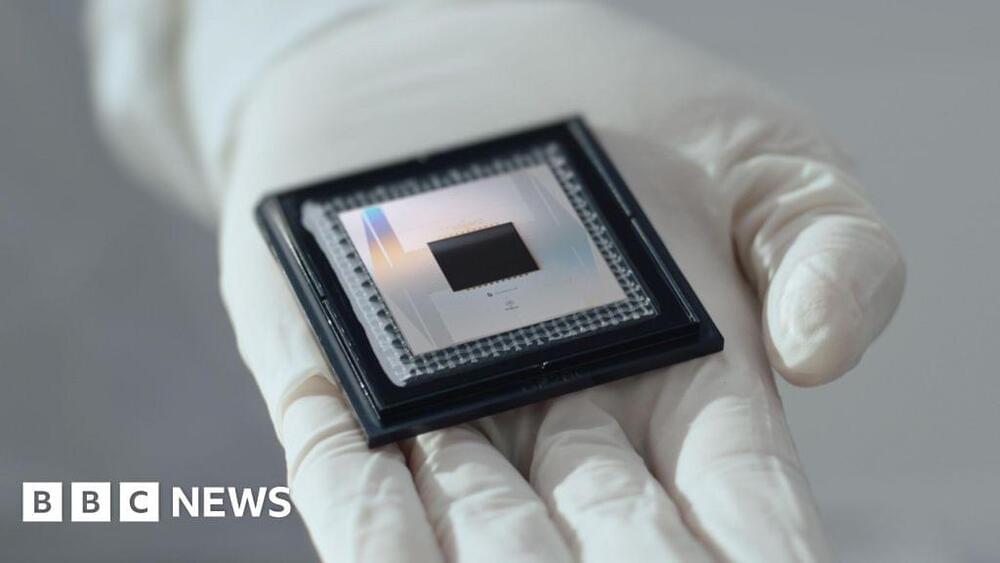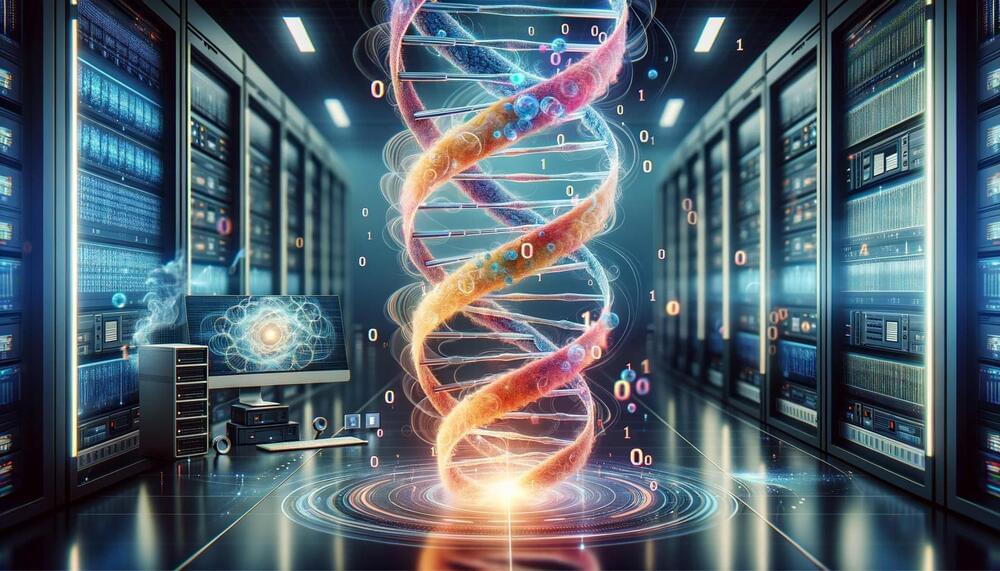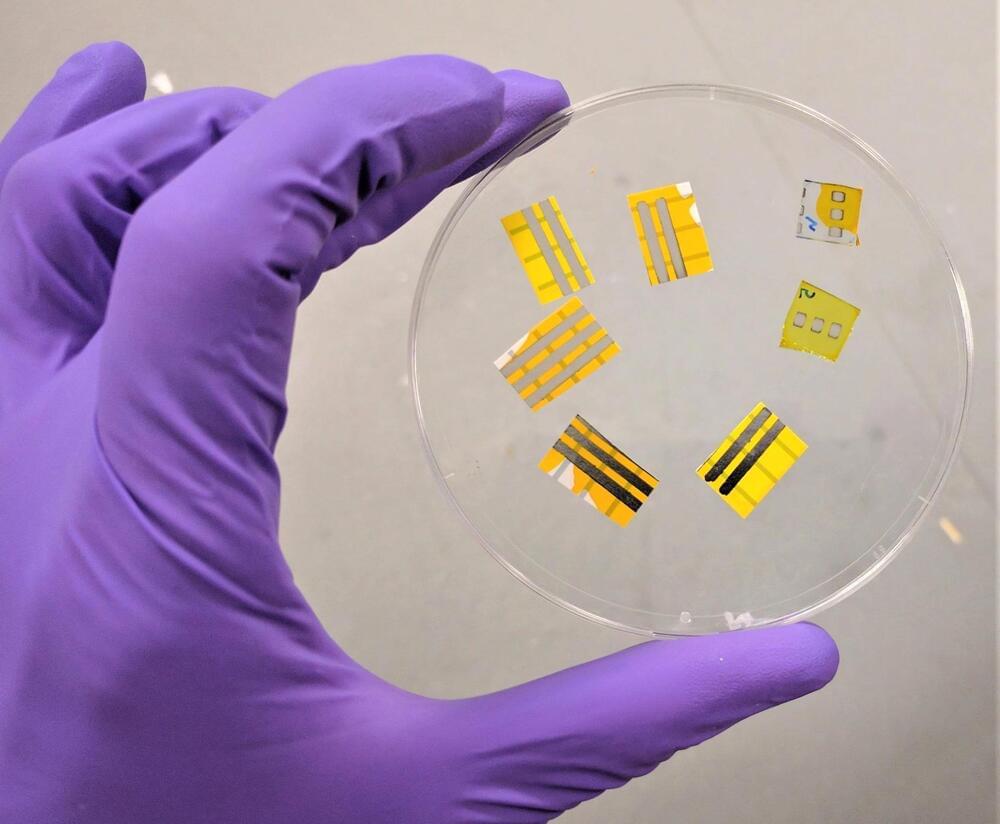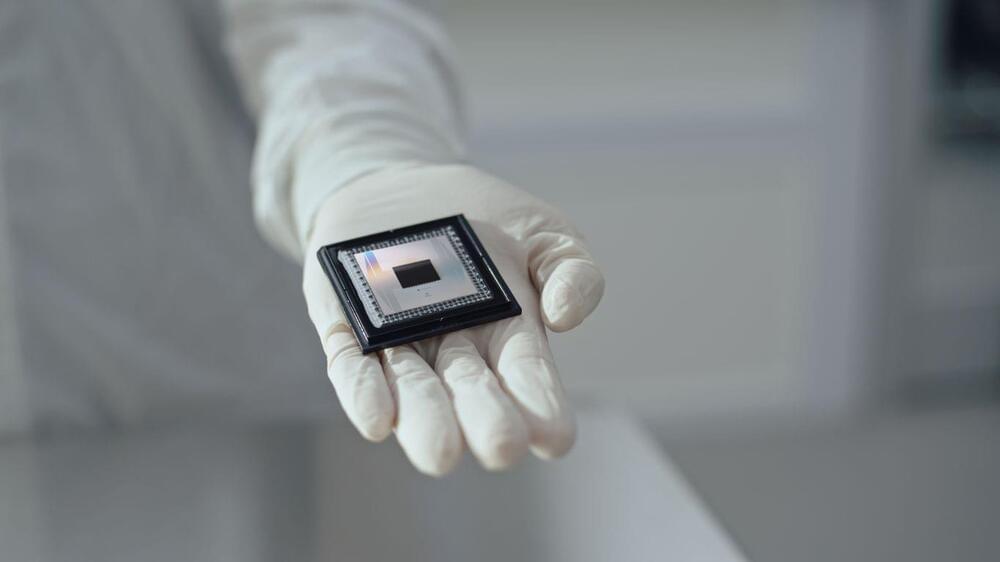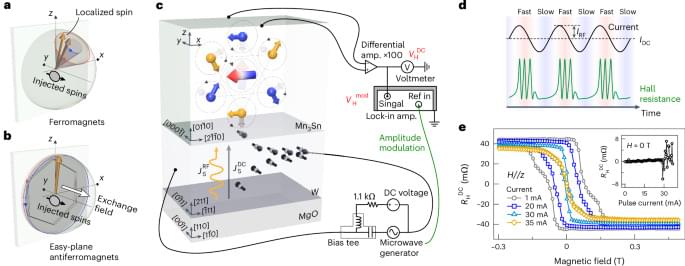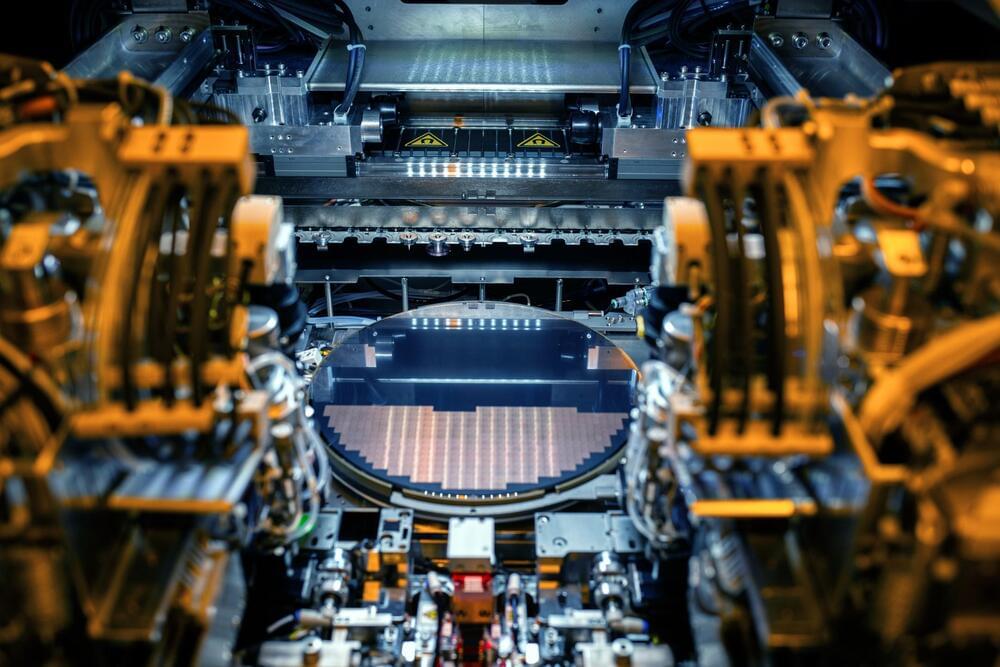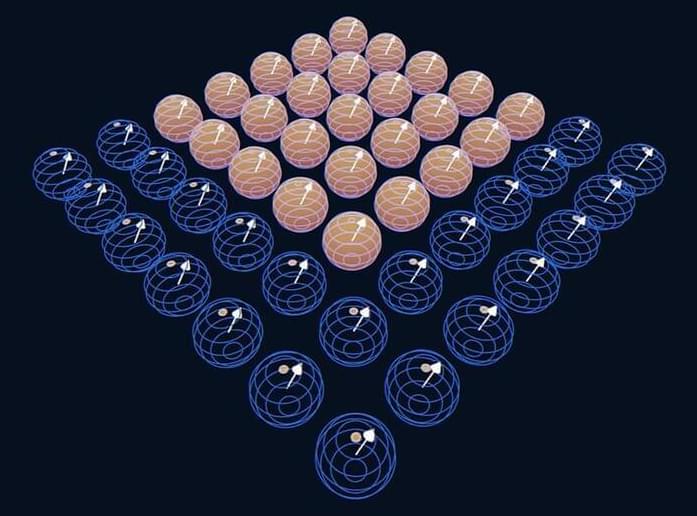Scientists at UCL and the IIT-Istituto Italiano di Tecnologia (Italian Institute of Technology) have created a temporary tattoo with light-emitting technology used in TV and smartphone screens, paving the way for a new type of “smart tattoo” with a range of potential uses.
The technology, which uses organic light-emitting diodes (OLEDs), is applied in the same way as water transfer tattoos. That is, the OLEDs are fabricated onto temporary tattoo paper and transferred to a new surface by being pressed on to it and dabbed with water.
The researchers, who described the process in a new paper in the journal Advanced Electronic Materials, say it could be combined with other tattoo electronics to, for instance emit light when an athlete is dehydrated, or when we need to get out of the sun to avoid sunburn. OLEDs could be tattooed on packaging or fruit to signal when a product has passed its expiry date or will soon become inedible, or used for fashion in the form of glowing tattoos.
